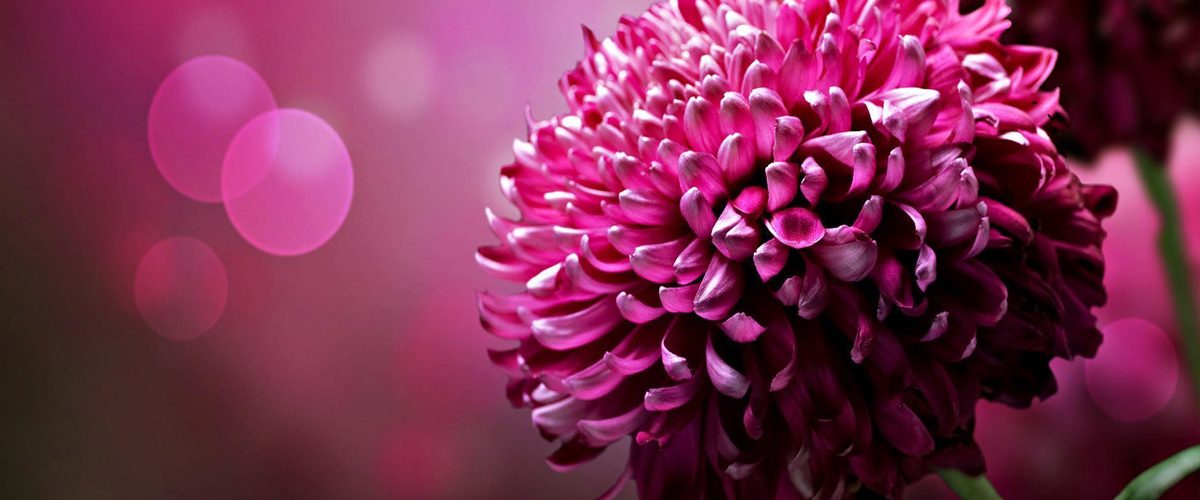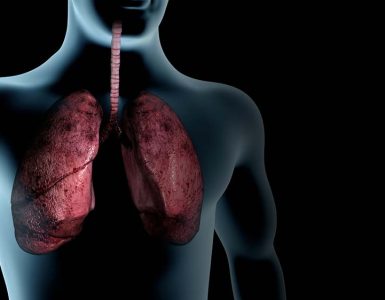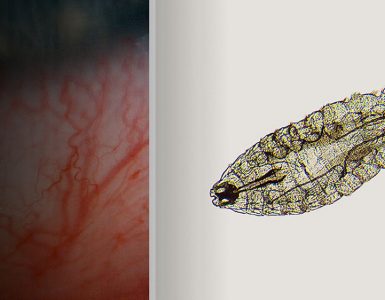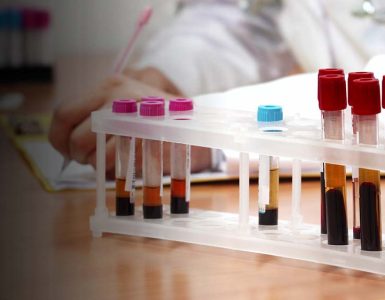Chrysanthemums are commonly known as mums that are flowering plants of the genus Chrysanthemum belongs to the family Asteraceae. This species is one of the most economically significant and preferred floricultural crops traded both in pots and as cut flowers, ranked second in the cut-flower trade after roses. Kuang et al. (2018) reported that Chrysanthemum is a source of various natural compounds like flavonoids, phenols, and volatiles. Chrysanthemum flowers exhibit many pharmacological benefits like anti-inflammatory, sedative, antipyretic, anti-arthritic and anti-hypertensive. These flowers are extensively produced in the world, particularly in Japan, China Netherland, Korea, and Vietnam. The plant growth regulators significantly affect many physiological processes in plants.
Salicylic acid (SA) is one of the most vital plants growth regulators and plays essential roles in both physiological aspects and plants defense responses like photosynthetic efficiency, crop yield, seed germination, plant growth, flowering, and senescence.

Santos et al. (2018) informed that salicylic acid affected prolonging the vase life of some cut flowers such as roses, carnation, Lilium, and Chrysanthemum. Kazemi, et al. (2017) studied that salicylic acid reduced the content of malondialdehyde while increasing the antioxidant activities in roses. Correspondingly, Alamer, et al. (2020) reported that Salicylic acid treatments inhibited the increase of malondialdehyde in parsley. Therefore, Kazemi et al. (2012) reported that Salicylic acid was unable to extend the longevity of carnation through decreasing lipid peroxidation.
Presently, a research published in the Asian Journal of Plant Sciences that was conducted by Phi Bang Cao et al. (2021) to explore the effect of Salicylic acid on some physiological responses of Chrysanthemum “Mai Vang” focused at the flowering stage. The results have shown that photosynthetic pigments content displayed an upper value in Salicylic acid 0.5 and 1.0 treatments but lower in Salicylic acid 1.5 and Salicylic acid 2.0 treatments than that in control. Conversely, malondialdehyde content was enhanced by Salicylic acid 1.5 and Salicylic acid 2.0 treatments while decreased by Salicylic acid 0.5 and Salicylic acid 1.0 treatments compared to water treatment. All Salicylic acid treatments exhibited higher content of proline in leaves than control.so, the researchers concluded that salicylic acid at 1.0 mM had the maximum positive effect on the content of photosynthetic pigments, proline, anthocyanin and Fv/Fm index. Fv/Fm is the most prevalent chlorophyll fluorescence measuring parameter in the world.
















Add comment